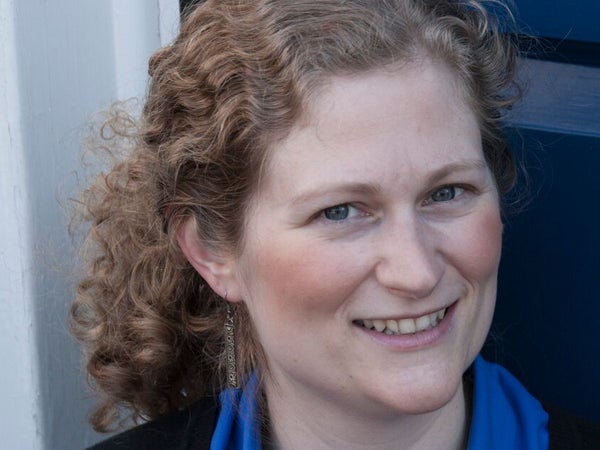HCPDS Research Scientist Elyse Jennings, PhD, has co-authored a paper published in Studies in Family Planning that examines the data that from monthly reporting by both spouses of 822 couples in rural Nepal between 2008 and 2016. Findings reveal that there is an association between educational attainment and discrepancies in reporting. “These findings offer important new insights into spousal dynamics that may influence transparency regarding contraceptive use.”
Christina Cross in The Harvard Gazette: “Why living in a two-parent home isn’t a cure-all for Black students”
Harvard Pop Center Postdoctoral Fellow Christina Cross, PhD, has penned an op-ed in The Harvard Gazette in which she shares her forthcoming research on why a two-parent household is not a panacea for better educational outcomes for low-income Black students. Dr. Cross points to President Biden’s proposed American Families Plan as an example of a policy that could better address inequalities in opportunity than policies anchored to a two-parent household…
Child stunting in developing countries increases national economic burden
Harvard Pop Center faculty members Günther Fink, PhD, and Wafaie Fawzi, Dr.P.H., are authors on a paper in the American Journal of Clinical Nutrition that is among the first to quantify the economic cost of growth faltering of children in developing countries. Their findings suggest that interventions aimed at preventing early childhood stunting could not only benefit the children themselves, but also yield substantial long-run economic benefits.

